Speaking to the press after arriving in New York to attend the UN General Assembly meeting, Mr. Masoud Pezeshkian said: "We do not want to be a source of instability in the Middle East, because the consequences of a regional war will be irreversible."
"We want to live in peace and do not want war. It is Israel that is the government that wants to create this total conflict."
Masoud Pezeshkian, a moderate politician who won the presidential election in July and promised pragmatic foreign policy, has accused the international community of being silent about what he describes as “Israeli genocide” in Gaza.
Pezeshkian's calls for resolving the Middle East conflict through dialogue came after Israel carried out a series of attacks on Hezbollah on Monday, making it the bloodiest day in Lebanon during a year-long conflict between Israel and Hezbollah.
Asked about the possibility of Iran joining the conflict between Israel and Hezbollah, Pezeshkian said: "We will defend those who are defending themselves and defending their sovereignty."
Tens of thousands of people on both sides of the Israel-Lebanon border have been forced to evacuate towns and villages due to near-daily fighting between Israeli and Hezbollah forces. Israel has said it wants a diplomatic solution that would force Hezbollah to withdraw from the border area.
Hezbollah, however, also wants to avoid a full-scale conflict, but has also insisted that it will only stop fighting when the war in Gaza ends. Efforts to negotiate a ceasefire for Gaza have reached a deadlock after months of negotiations brokered by Qatar, Egypt and the United States have failed to produce results.
Iran's regional policy is set by the Revolutionary Guards, a force that takes orders only from Ayatollah Ali Khamenei, the country's leader.
Mr. Pezeshkian has repeatedly endorsed Iran's anti-Israel stance and the administration's support for resistance movements across the region since taking office last month.
Asked about the possibility of Iran responding to the assassination of Hamas leader Ismail Haniyeh on Iranian soil in July, Pezeshkian said: "We will respond at the appropriate time, place and in the appropriate way."
Tehran and Hamas both claim Israel was behind Haniyeh's assassination, and the attack has raised fears of a direct conflict between Tehran and its arch-enemy Israel in the Middle East.
Iran’s Revolutionary Guards and Khamenei have vowed “harsh” revenge for Haniyeh’s assassination, which occurred while Haniyeh was visiting Tehran. Iran has so far refrained from taking direct action against Israel, and the Israeli government has neither confirmed nor denied involvement in the killing.
In August, three senior Iranian officials said Tehran was engaged in talks with Western countries and the United States to balance the level of retaliation against Israel for the assassination of Haniyeh.
Mr Pezeshkian said the Iranian government "was told there would be a ceasefire signed this week" between Israel and Hamas, "but that week never came and instead Israel has continued to expand the scale of its attacks".
Nguyen Quang Minh (according to Reuters)
Source: https://www.nguoiduatin.vn/tong-thong-iran-canh-bao-ve-hau-qua-khong-the-dao-nguoc-tu-chien-tranh-khu-vuc-204240924092833101.htm


![[Photo] A brief moment of rest for the rescue force of the Vietnam People's Army](https://vstatic.vietnam.vn/vietnam/resource/IMAGE/2025/4/3/a2c91fa05dc04293a4b64cfd27ed4dbe)
![[Photo] Prime Minister Pham Minh Chinh chairs meeting after US announces reciprocal tariffs](https://vstatic.vietnam.vn/vietnam/resource/IMAGE/2025/4/3/ee90a2786c0a45d7868de039cef4a712)
![[Photo] Ho Chi Minh City speeds up sidewalk repair work before April 30 holiday](https://vstatic.vietnam.vn/vietnam/resource/IMAGE/2025/4/3/17f78833a36f4ba5a9bae215703da710)

![[Photo] Prime Minister Pham Minh Chinh chairs the first meeting of the Steering Committee on Regional and International Financial Centers](https://vstatic.vietnam.vn/vietnam/resource/IMAGE/2025/4/3/47dc687989d4479d95a1dce4466edd32)
![[Photo] General Secretary To Lam receives Japanese Ambassador to Vietnam Ito Naoki](https://vstatic.vietnam.vn/vietnam/resource/IMAGE/2025/4/3/3a5d233bc09d4928ac9bfed97674be98)
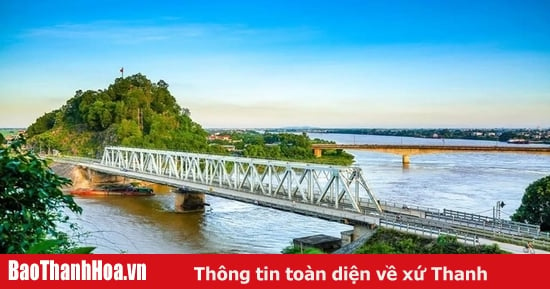

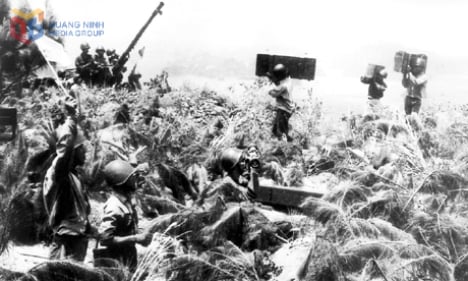



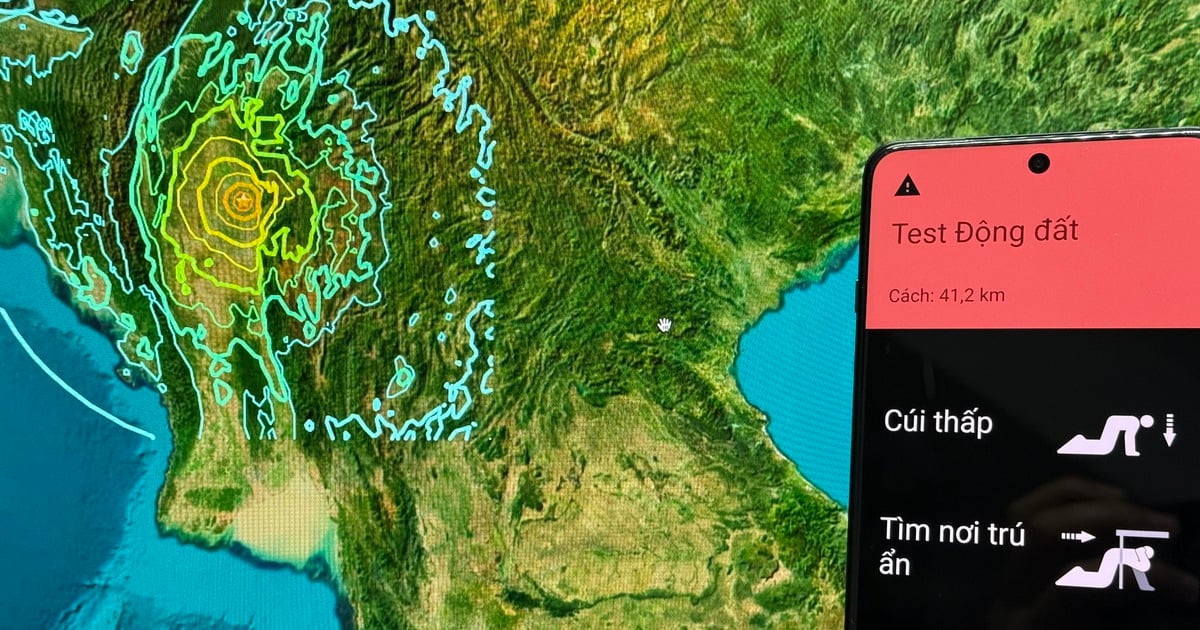

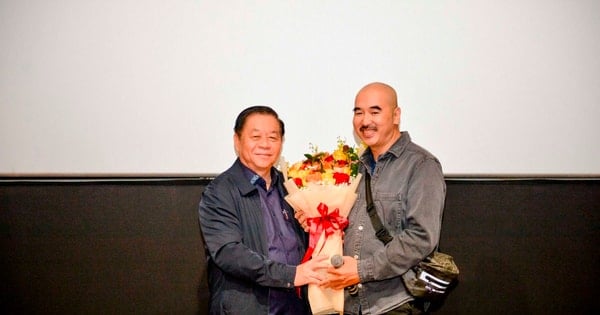
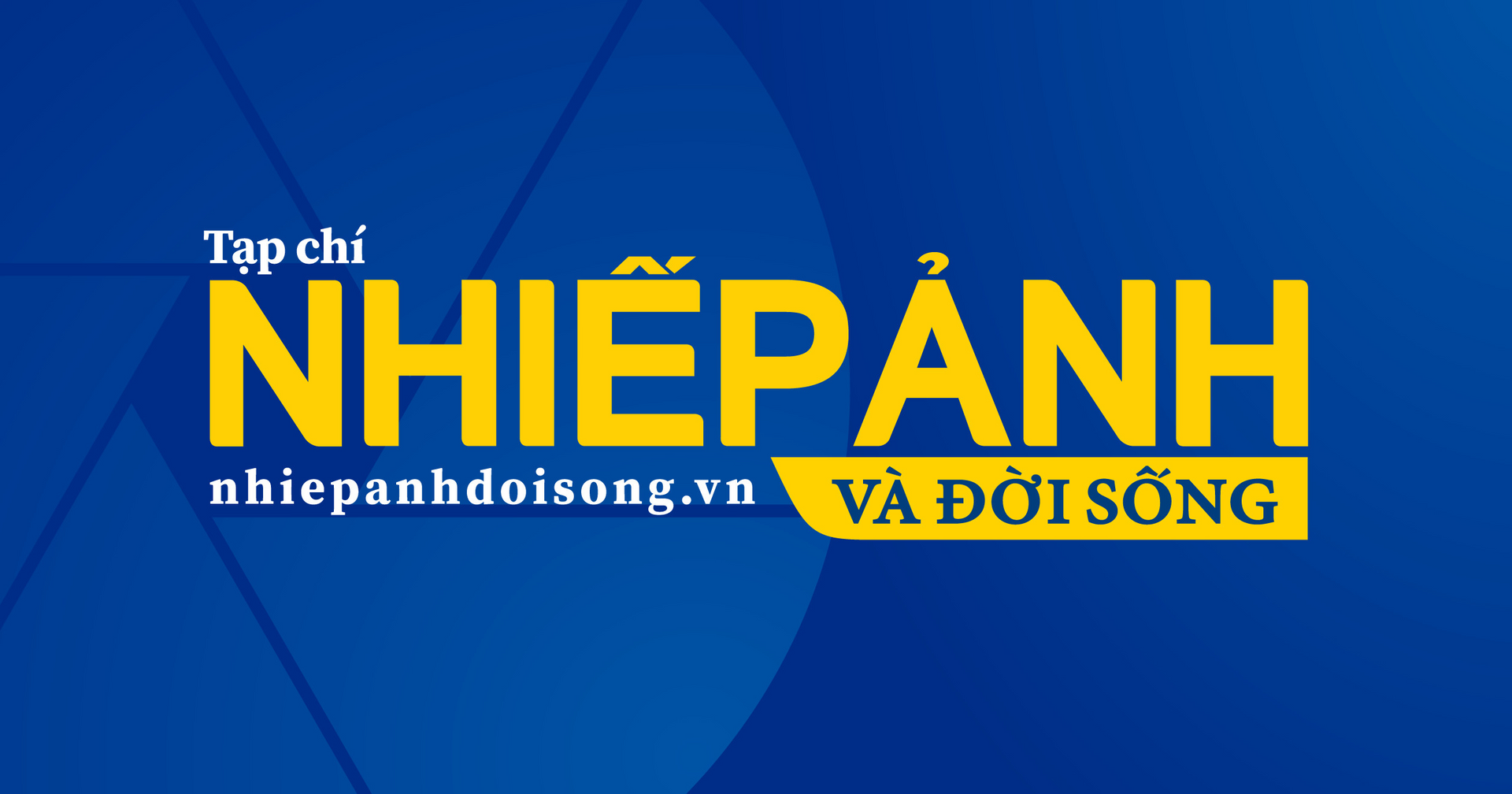
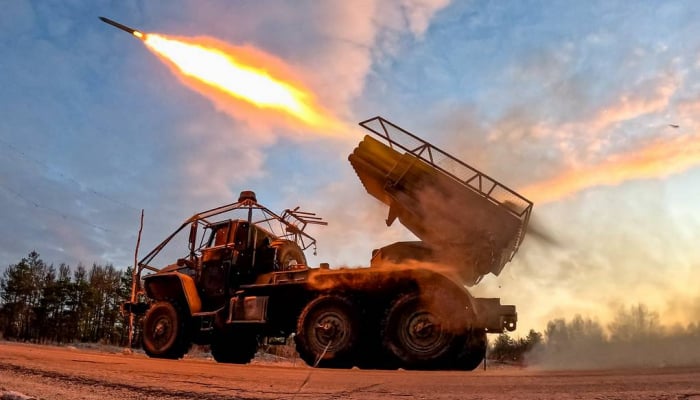

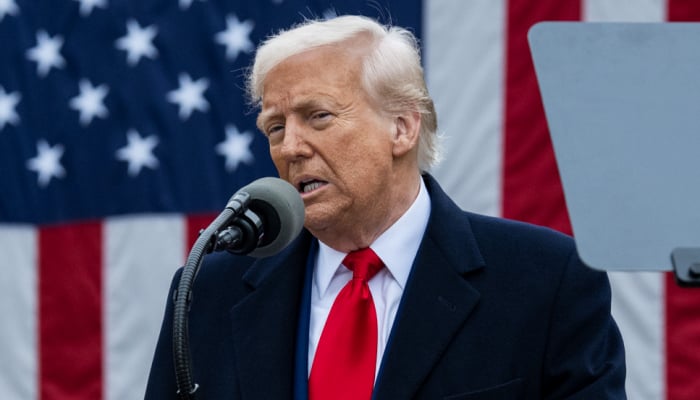


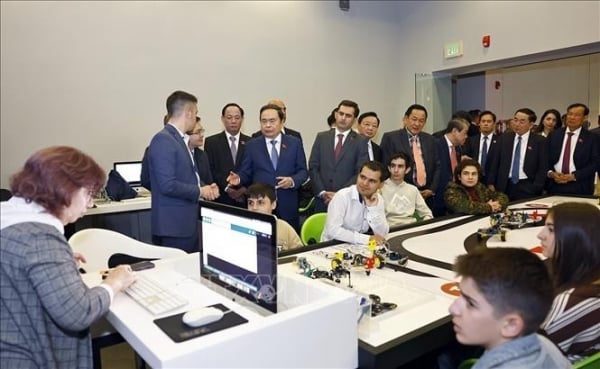
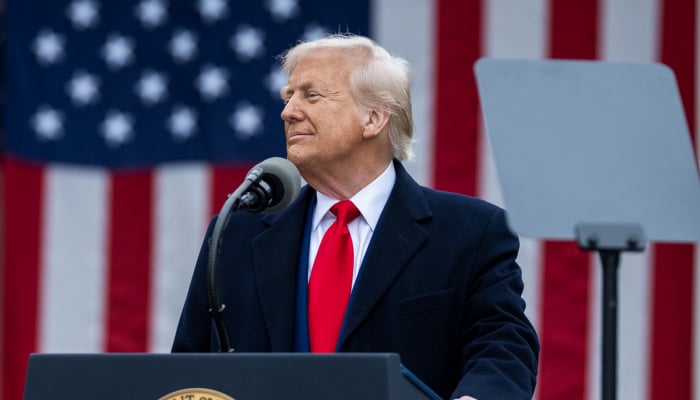
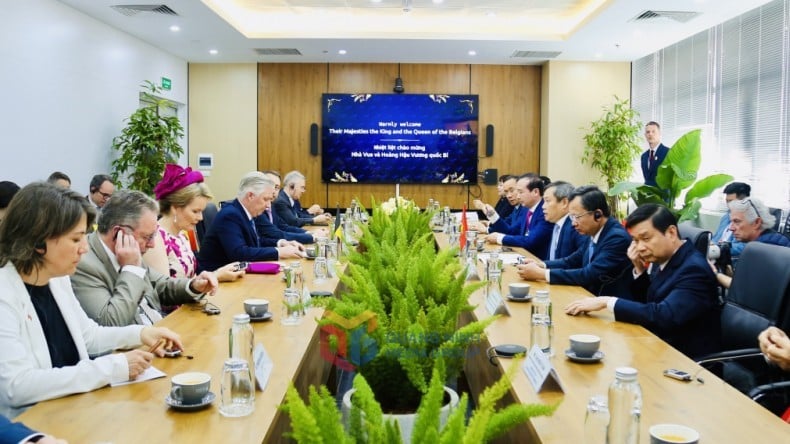









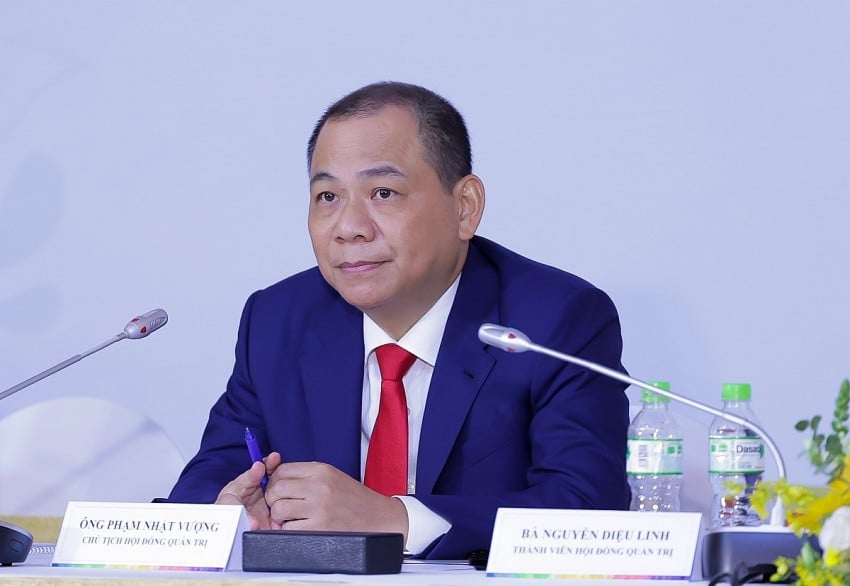









































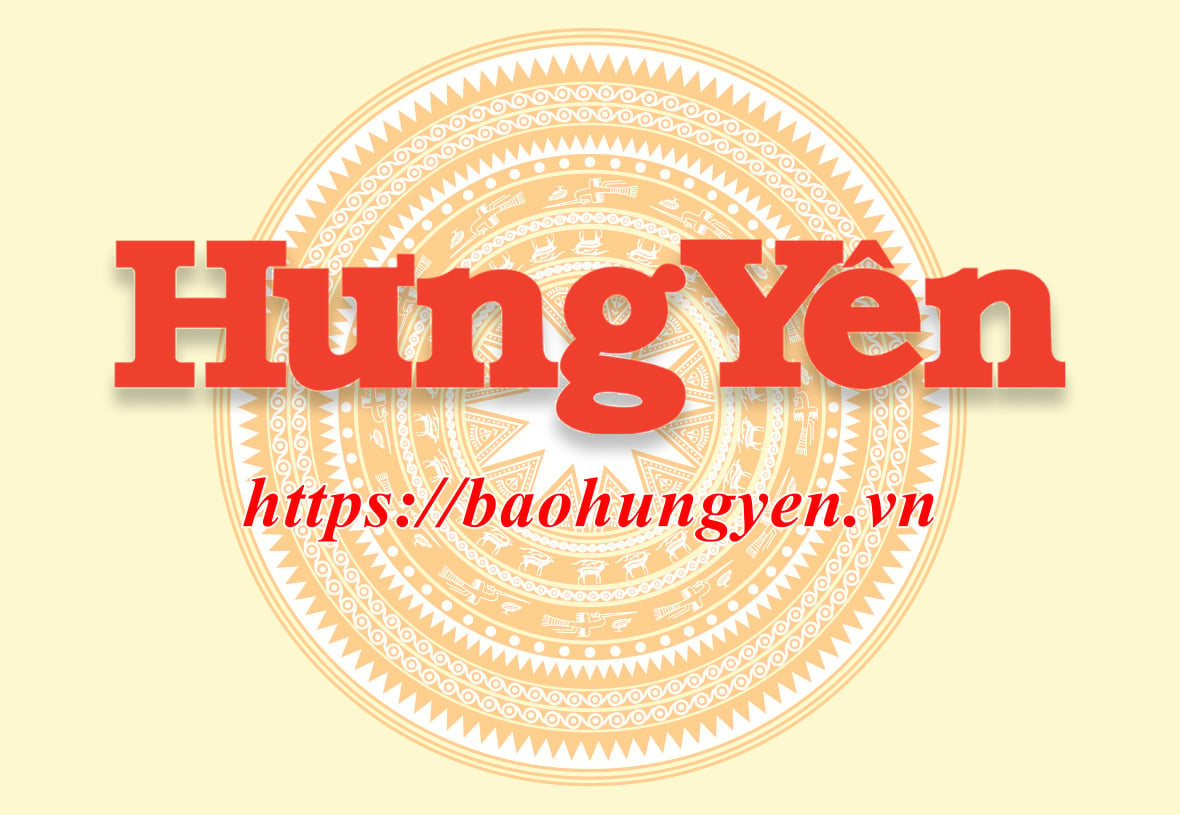

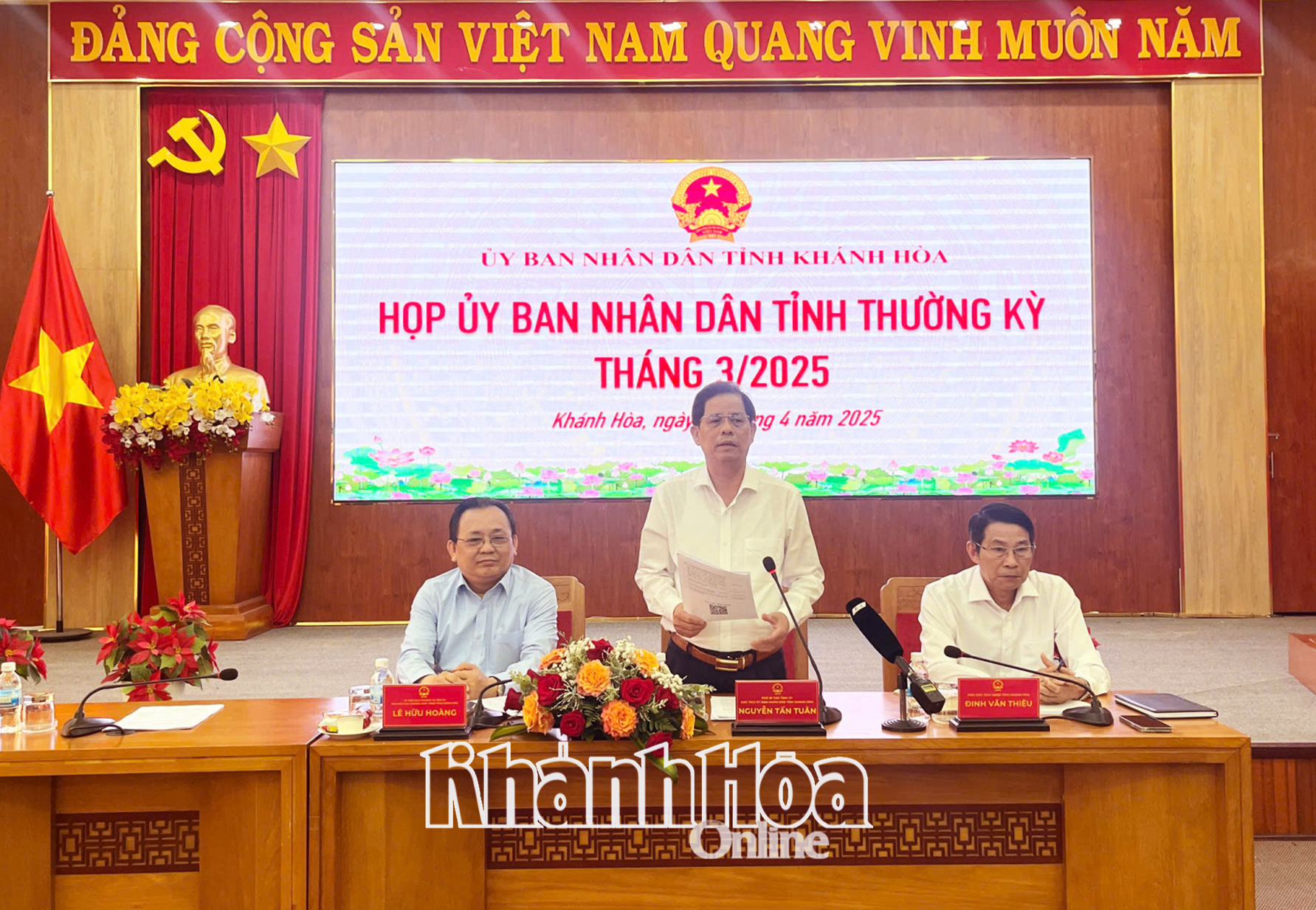
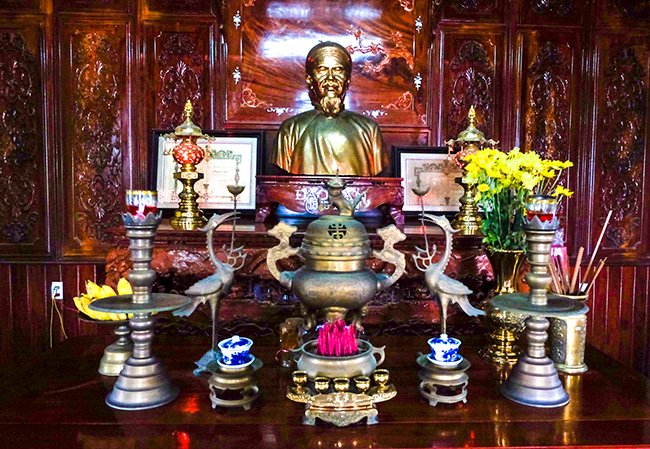
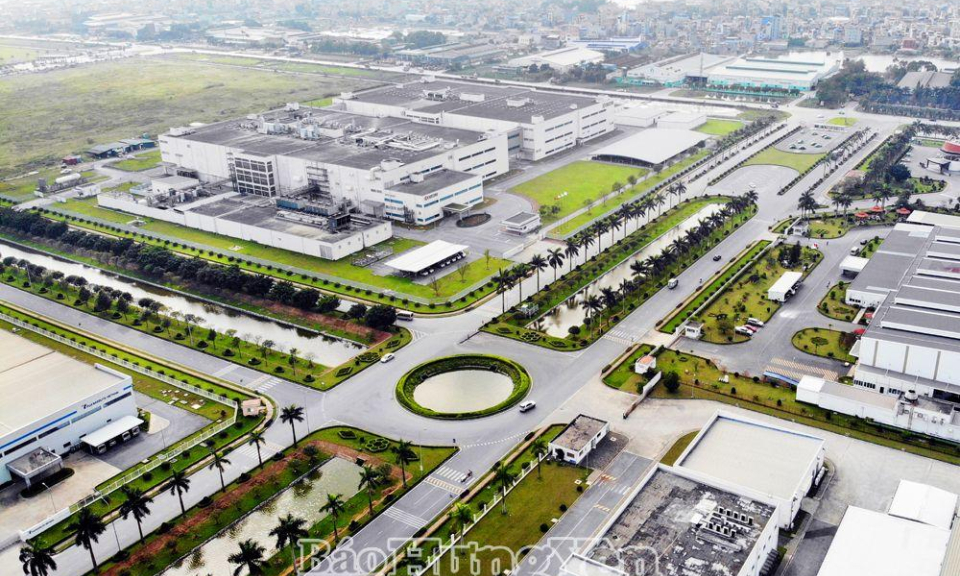
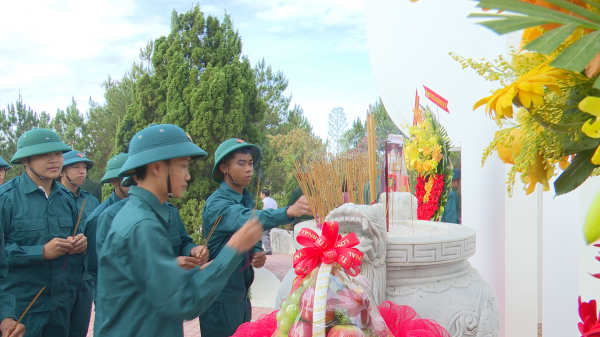












Comment (0)